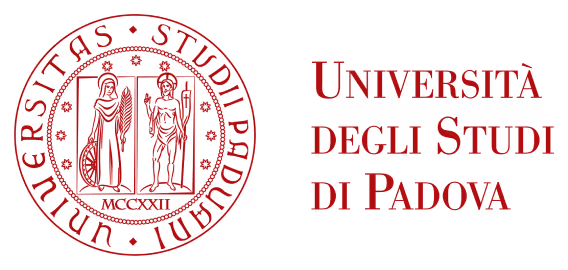Today we had the opportunity to speak with Professor Graziano Cecchinato, a pedagogy scholar at the University of Padova—one of the oldest and most prestigious universities in Europe. Founded in 1222, the university has been a center of academic excellence for eight centuries, preparing generations of educators, researchers, and professionals.
At Teachfloor, we believe in giving space to voices that push education forward. Peer review is often discussed in academic literature but remains underused in classrooms. By sharing the experience of leaders like Professor Cecchinato, we aim to inspire instructors worldwide to adopt this transformative methodology.
Professor Cecchinato’s academic work focuses on teacher education, with a strong emphasis on active methodologies such as peer review and self-assessment. In our interview, he explained why peer review is such a powerful pedagogical approach, how his students—future teachers themselves—benefit from it, and why Teachfloor has become his platform of choice to implement it.
Q: Professor Cecchinato, could you tell us more about your courses and the type of students you teach?
Professor Cecchinato: “I teach pedagogy to students who are preparing to become teachers, mainly future primary school teachers, as well as trainers and educators. For them, peer assessment and self-assessment are not just activities—they are part of the curriculum. It is essential that they understand the effectiveness, potential, and applications of these methods.”
Q: Peer review is well established in research, but how common is it in Italian universities as a teaching method?
Professor Cecchinato: “To be honest, it is still a niche practice. I do not see many colleagues using it, nor are there conferences dedicated to it. And yet, peer review answers an increasingly urgent need: helping students become more active participants in their own learning. Instead of passively listening, they engage, they evaluate, they interact with peers and with teachers.”
The Benefits of Peer Review
As Professor Cecchinato noted, the value of peer review lies not in theory alone but in practice.
When implemented in higher education, it reshapes how students engage with knowledge.
He highlighted three main benefits:
- Students feel valued. “They see their analyses and reflections are taken seriously.”
- Critical skills develop. “Peer review increases awareness and strengthens critical thinking with regard to course content.”
- Motivation rises. “It fosters involvement and responsibility. Students feel that their contribution truly matters.”
Q: How do you apply peer review concretely in your courses?
Professor Cecchinato: “In my courses, I select topics that we have already studied and ask students to produce short written reflections. They might highlight what they learned, identify strengths and weaknesses of the topic, and express their own perspectives. Through Teachfloor, these reflections are then exchanged anonymously among peers, who provide feedback on what is meaningful and what could be improved. This process helps students not only consolidate their own learning but also practice critical analysis by engaging with the work of others.”
Why Technology—and Why Teachfloor
What stands out is not only Professor Cecchinato’s commitment to innovative pedagogy, but also how seamlessly Teachfloor fits into his teaching style. For him, technology is indispensable for peer review:
- Anonymity is essential. “It is impossible to guarantee anonymity with paper and pen. Technology is the only way.”
- Automation is necessary. Distributing assignments fairly among students would be “impossible without a digital platform.”
He previously used Eduflow but later adopted Teachfloor: “I include peer review in my curriculum because I want students to experience it, not just read about it. Teachfloor makes that possible.”
Q: Beyond students, do you see value in peer review for instructors as well?
Professor Cecchinato: “Peer review is valuable across all levels of education, but also beyond the classroom. It can be applied in professional and organizational contexts, where colleagues benefit from reflecting on each other’s work. In these environments, the methodology can be even more productive because it fosters accountability, collaboration, and deeper learning at every stage of life.”
Looking Ahead: AI and New Frontiers
During our conversation, Professor Cecchinato also reflected on the rise of AI in assessment:
“Automatic evaluation is opening new perspectives, though it also raises ethical issues. If structured properly by teachers, it can provide immediate feedback, identify students in need of support, and act almost like a teaching assistant.”
Conclusion
At the University of Padova, Professor Graziano Cecchinato demonstrates how peer review can transform teacher education by giving future educators first-hand experience with active methodologies. His work illustrates the potential of combining research-based pedagogy with digital tools.
For us at Teachfloor, this reinforces the platform’s role as a bridge between educational theory and real classroom application. We are honored to support educators like Professor Cecchinato who bring innovative methods to life and prepare the next generation of teachers to inspire active, engaged learners.
%201.svg)
.avif)


.svg)

.svg)

%201.avif)

.avif)
%201.svg)

